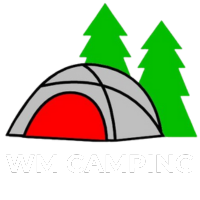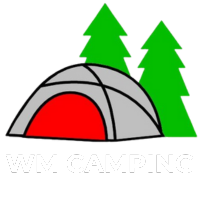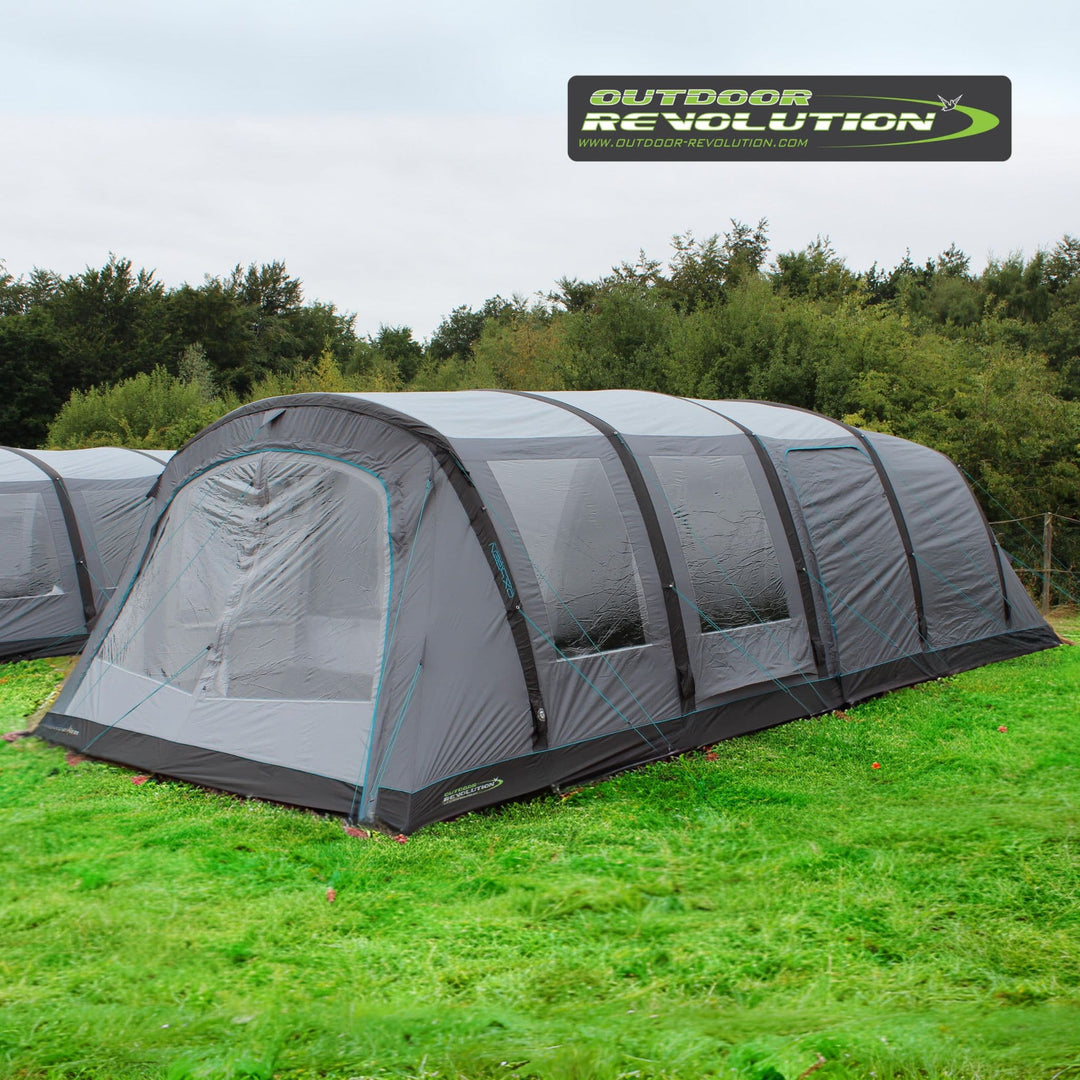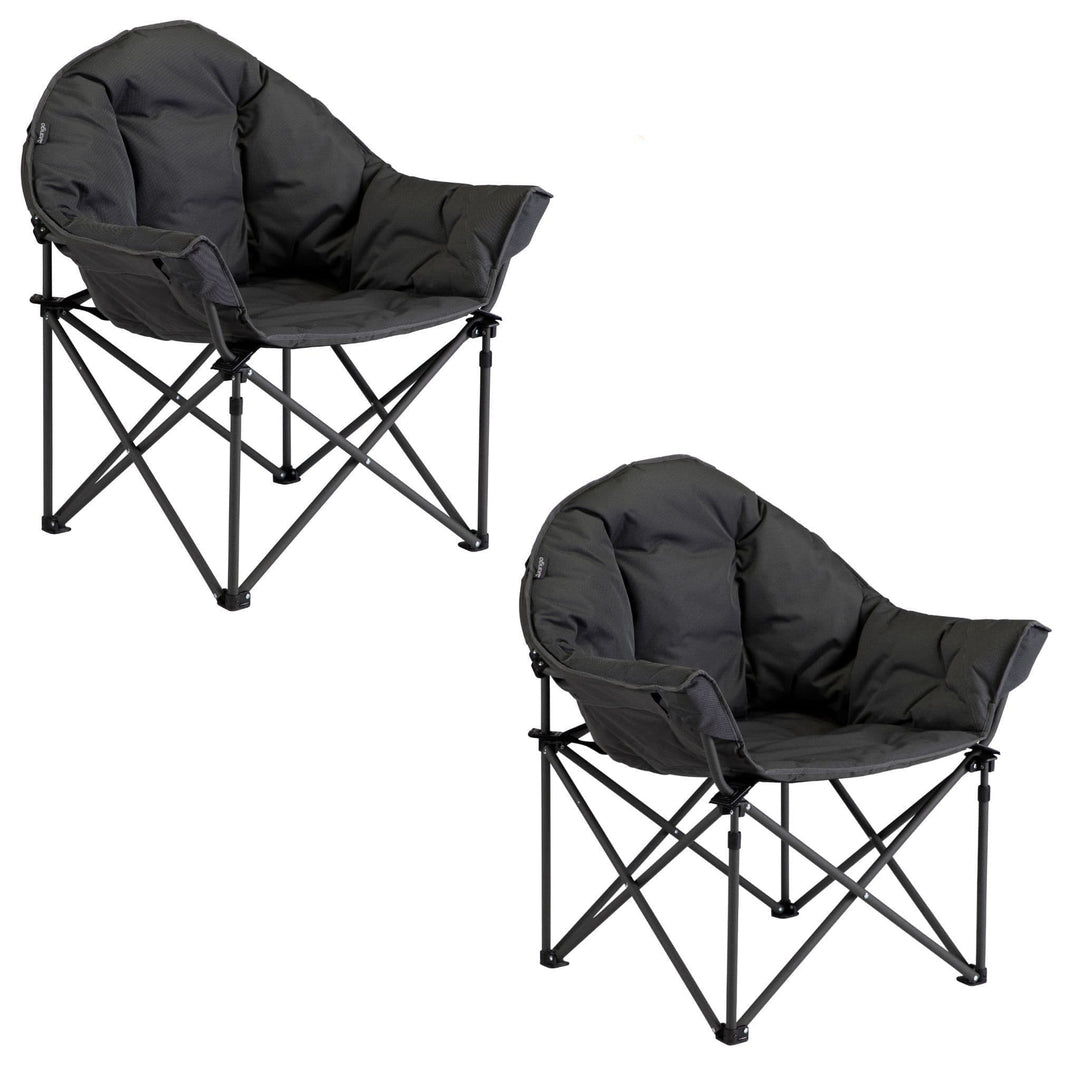Types of Tents
The Best Types of Tents for Camping – Which One Should You Choose?
Choosing the right tent can make or break your camping trip. With so many options available, it’s important to find one that suits your needs- whether you’re off to a festival, planning a hiking trip, or camping with family.
In this guide, we’ll break down the different types of tents, their key features, and the best uses for each, so you can make an informed decision.
Quick Tent Comparison Table
| Tent Type | Best For | Pros | Cons |
|---|---|---|---|
| Festival & Adventure Tents | Festivals, short trips | Lightweight, affordable | Small, not weatherproof |
| Pop-Up Tents | Festivals, beginners | Instant setup | Bulky when packed, hard to fold |
| Weekend & Touring Tents | Car camping, weekend trips | Spacious, easy to pitch | Heavier than basic tents |
| Backpacking Tents | Hikers, Duke of Edinburgh | Lightweight, durable | Minimal space, expensive |
| Air / Inflatable Tents | Family trips, fast setup | Quick pitching, no poles | Heavy, large pack size |
| Family Tents | Longer stays, large groups | Spacious, multiple rooms | Bulky, longer to dry |
| Bell / Tipi Tents | Glamping, all-season use | Durable, stylish, stove-compatible | Heavy, centre pole can obstruct |
1. Festival & Adventure Tents – Affordable & Lightweight

Best For:
✔ Festival-goers who need a compact, lightweight tent. ✔ Weekend campers looking for an easy-to-carry shelter.
Festival and adventure tents are designed for short trips where portability and affordability are key. These tents are lightweight and easy to transport, making them ideal for festivals and weekend camping. However, they typically offer minimal weather protection and limited space.
Key Features:
✔ Compact and easy to carry
✔ Quick pitching – typically fibreglass poled or pop-up designs
✔ Basic weather protection – suitable for fair conditions
✅ Pros:
✔ Affordable for first-time campers
✔ Lightweight and easy to transport
✔ Simple to set up
❌ Cons:
✘ Minimal space inside
✘ Not suitable for heavy rain or strong winds
🔗 Looking for a festival tent? Check out our Festival Tents Collection
2. Pop-Up Tents – The Fastest Setup

Best For:
✔ First-time campers who want an effortless setup. ✔ Festival-goers who need a tent that assembles instantly.
Pop-up tents are perfect for beginners and festival-goers who need a tent that can be set up instantly. With a simple throw-and-pitch mechanism, these tents remove the hassle of assembly. However, they can be bulky when packed and may not hold up well in bad weather.
Key Features:
✔ Instant setup – no assembly required
✔ Great for first-time campers
✅ Pros:
✔ Easiest tent to pitch
✔ No instructions needed
❌ Cons:
✘ Large pack size when stored
✘ Hard to fold down properly
✘ Not the best for strong weather conditions
3. Weekend & Touring Tents – A Step Up in Comfort

Best For:
✔ Car campers looking for extra space and comfort. ✔ Weekend adventurers needing a durable, weatherproof tent.
Weekend and touring tents provide more space and comfort than festival tents. They are ideal for short breaks and road trips, offering standing height and larger porch areas. Some models even feature inflatable beams for easier setup.
Key Features:
✔ More headroom – some models offer standing height
✔ Better weather protection – suitable for UK camping
✅ Pros:
✔ Comfortable for short camping trips
✔ More durable than adventure tents
❌ Cons:
✘ Heavier than pop-ups or festival tents
🔗 Check out our Touring & Weekend Tents Collection for top-rated models.
4. Backpacking Tents – Lightweight & Weatherproof

Best For:
✔ Hikers and backpackers who need a lightweight, portable tent. ✔ Duke of Edinburgh participants requiring a reliable, all-weather shelter.
Backpacking tents are designed for long-distance hikers and wild campers who need a lightweight yet durable shelter. These tents prioritise weight reduction while providing essential weather protection.
Key Features:
✔ Ultra-light materials for carrying long distances
✔ Weatherproof – designed for tough conditions
✅ Pros:
✔ Compact and easy to transport
✔ Designed for harsh weather
❌ Cons:
✘ Limited space inside
✘ Can be pricey
🔗 Browse our Backpacking Tents Collection for expert-approved designs.
5. Air / Inflatable Tents – Quick Pitching for Families

Best For:
✔ Families looking for a fast-pitching, spacious tent. ✔ Campers who want a hassle-free setup without traditional poles.
Air tents use inflatable beams instead of poles, making them one of the easiest tents to pitch—just inflate with a pump. These are great for families who want to set up camp quickly without dealing with traditional poles.
Key Features:
✔ Fast setup – pitch in minutes
✔ Available in polyester and polycotton
✅ Pros:
✔ Sturdy and wind-resistant
✔ No poles to snap
❌ Cons:
✘ Heavier than poled tents
✘ Bulkier to store
🔗 Explore our Inflatable Air Tents Collection for premium air tents.
6. Family Tents – Spacious & Comfortable

Best For:
✔ Large groups or families needing multiple rooms. ✔ Campers staying for extended trips who want extra comfort.
Family tents offer generous space, making them perfect for extended camping trips. They typically feature separate sleeping and living areas, allowing groups to camp in comfort.
Key Features:
✔ Tunnel-shaped designs for maximum space
✔ Multi-room layouts for added comfort
✅ Pros:
✔ Plenty of space for groups
✔ Can add accessories like carpets & footprints
❌ Cons:
✘ Bulky and heavy to transport
🔗 Check out our Family Tents Collection for spacious options.
7. Bell & Tipi Tents – A Stylish, Traditional Choice

Best For:
✔ Glampers looking for a unique, stylish tent. ✔ All-season campers who need a breathable, durable shelter.
Bell and tipi tents provide a unique and stylish camping experience. Made from breathable cotton canvas, they stay cool in summer and warm in winter, making them a great all-season option.
Key Features:
✔ Cotton fabric – keeps cool in summer, warm in winter
✔ Stove-compatible for colder months
✅ Pros:
✔ Stylish and durable
✔ Suitable for all seasons
❌ Cons:
✘ Heavy and slower to dry
🔗 Shop our Bell & Tipi Tents Collection for premium cotton tents.
Find Your Perfect Tent
Choosing the right tent depends on your trip type, group size, and weather conditions. Whether you need a lightweight backpacking tent, a spacious family tent, or a quick-pitch inflatable tent, we’ve got you covered.
💡 Browse our full range of tents at WM Camping and find the best one for your adventure!


















